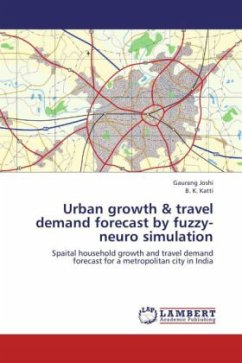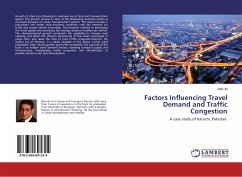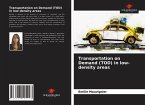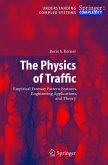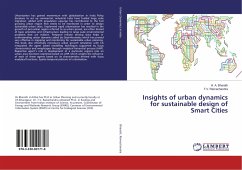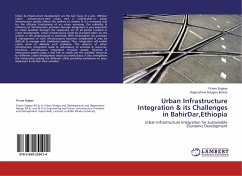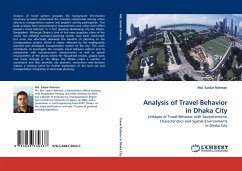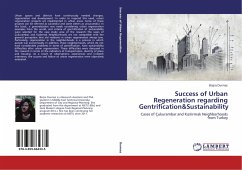India is witnessing more than 3% annual growth rate of its urban population. Metropolitan cities inhabit about 40% of urban population.Major impact of this phenomenon is on urban travel due to densification of existing zones and spatial expansion of city boundaries to accomodate incremental population. Metropolitan planners need to estimate household growth in different zones of a city and also the travel interchanges between them. Type and intensity of economic activity in various zones of the city and residential location choice behaviour of households play vital role in zonal population growth. While economic activity can be deterministically specified through landuse pattern,the household decision process for residential location is quite complex and largely subjective in nature. Fuzzy composite procedure is very effectively used in the present study.Artificial neural network model for forecast of zonal household growth rate is found efficient. Travel demand is disaggregared with respect to purpose and spatio-temporal growth segments of the metropolitan city. Household growth and travel demand models are integrated dynamically to deal with any policy interventions.

